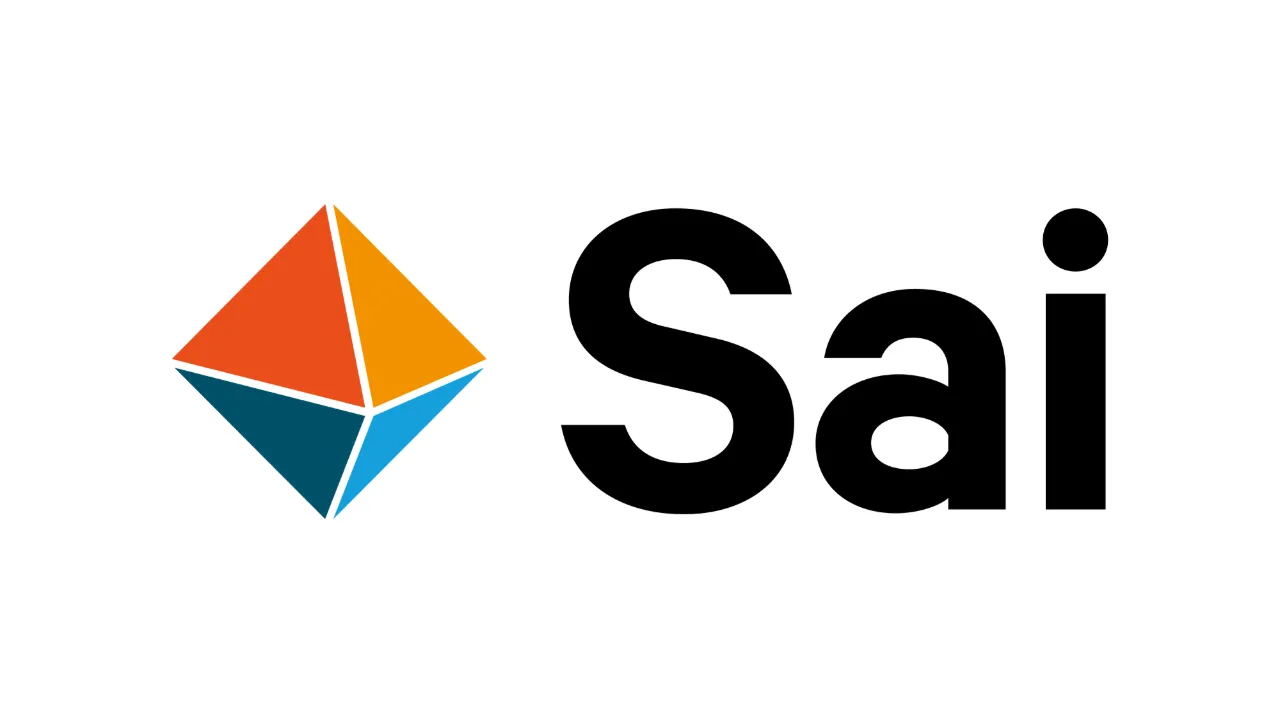ARLINGTON, Va. — Support for extending the implementation date for “track and trace” legislation in order to prevent a potential drug shortage is widespread, a new survey has found.
More than seven in 10 adults (72%) who support track and trace, and 70% of those who have experienced a medicine or health product shortage, back an extension of the final implementation date for the Drug Supply Chain Security Act (DSCSA), the Morning Consult poll revealed. Conducted this month, the survey was commissioned by the National Association of Chain Drug Stores.
The DSCSA was passed by Congress in 2013 to bolster the security and safety of pharmaceutical products as they move through the supply chain. It makes trackable and verifiable each step of the manufacturing process — from production, to wholesale, to distribution and sale to patients.
While the act has been gradually enacted over 10 years — with completion slated for November — many prescription drug supply chain partners (e.g., manufacturers and wholesalers) are not yet ready for the final phase. That phase involves systems tracing prescription medications’ journey at each stop in the supply chain.
As it stands, if a supply chain partner cannot comply with the final phase, the legislation is designed to prohibit pharmacies from purchasing medications from them, which could lead to many drugsnot being available to patients.
The poll found that more than two-thirds of adults (71%) support track and trace efforts to verify the authenticity and safety of pharmaceutical products.
Majorities (57%) support the Food and Drug Administration (FDA) extending the final phase of DSCSA implementation to allow more time for compliance, and support Congress doing so (56%) if the FDA were to fail to act.
Fewer than one-in-five adults (18% for both scenarios) oppose both of those proposals, pointing to strong net support for extension overall. Around one-quarter of adults don’t know/don’t have an opinion on support or opposition for both proposals.
Those whose households have experienced shortages in medicines and health products in the past year are even more likely to support an extension — with around 70% supporting an extension by the FDA, or by Congress if the FDA were to fail to act.
In the final “ask” of the support/opposition question, after exposure to messaging, support for the FDA extending the final phase of implementation rises to 64%, with only 16% of adults in opposition.
In this final “ask,” 73% of those whose households have experienced shortages in medicines and health products in the past year support an extension by the FDA, and 77% of those who back track and trace efforts support an extension.
The poll of 2,201 adults was conducted from August 3 – 5. Interviews were conducted online and the data were weighted to approximate a target sample of adults based on age, gender, race, educational attainment, region, gender by age, and race by educational attainment. Results from the full survey have a margin of error of plus or minus 2 percentage points.





